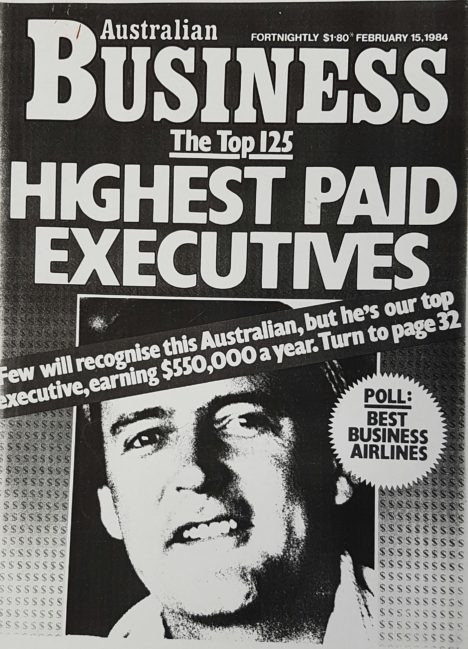Into Asia and life after Ogilvy: the latter life and times of Michael Ball
Michael Ball, who died this week, helped build Ogilvy & Mather into a global powerhouse. But his time there was merely the first act. In part two of his interview with Mumbrella, Ball discussed founding his eponymous agency and life beyond advertising.
Michael Ball had spent his life travelling the globe, helping to build Ogilvy & Mather from an American and European-centric business into a true global network as vice president of Ogilvy & Mather International.
Along the way he had become Australia’s highest-earning executive in 1984, reportedly pocketing $550,000 and outstripping the likes of resources mogul John Elliott and TNT managing director Sir Peter Abels, according to Australian Business.


